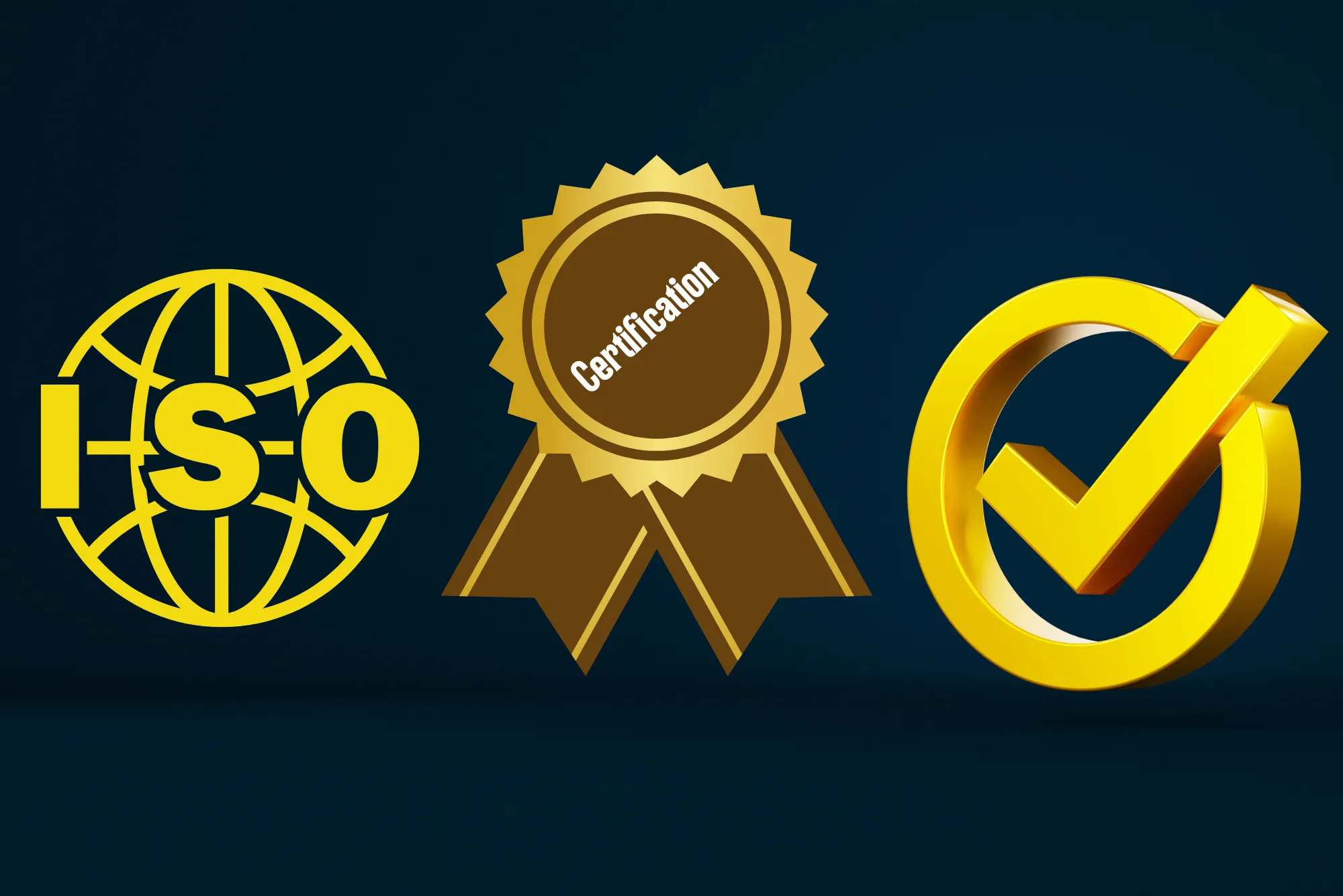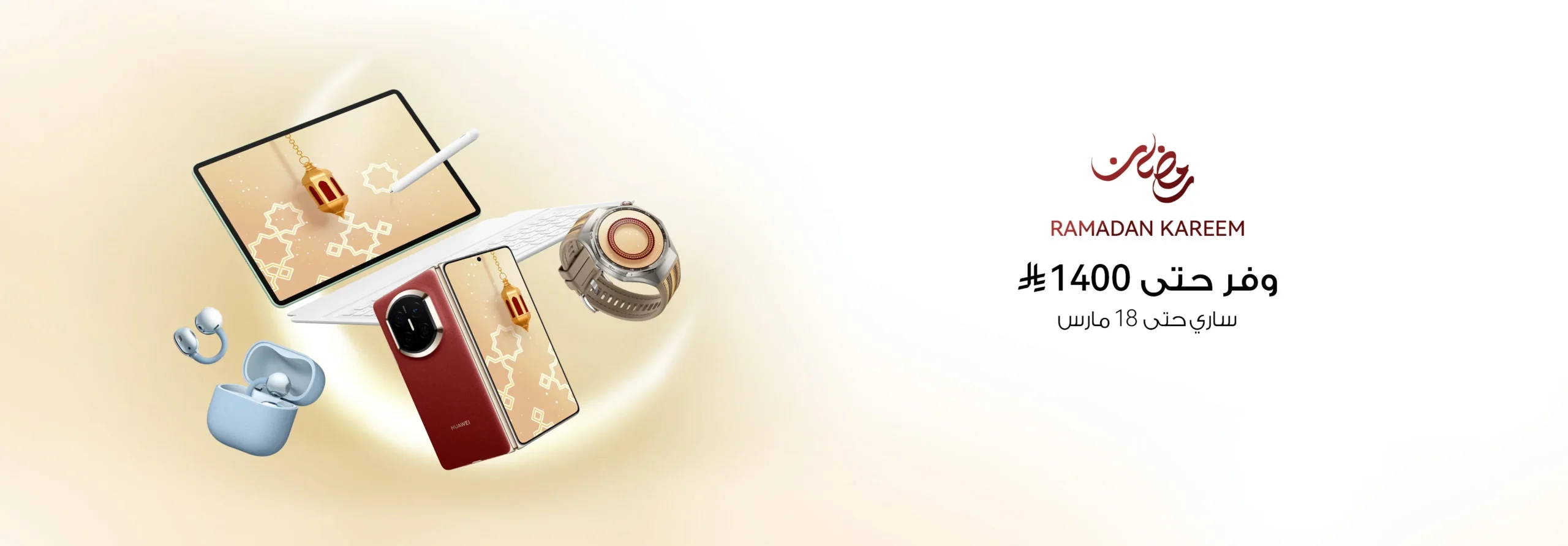ISO certification shows that a company runs its operations using international best practices. When a business gets certified, it meets clear requirements for quality, safety, efficiency, or other key areas depending on the standard chosen.
The typical ISO certification process involves:
- Gap Analysis: Review what the business already does versus what the standard requires.
- System Implementation: Develop or adjust procedures, policies, and records to meet ISO requirements.
- Training: Teams learn how to follow the new systems.
- Internal Audit: Check everything is working as planned before the real audit.
- External Audit: An accredited ISO auditor reviews the company’s system. If everything is in order, the company receives its certificate.
This process is repeatable and designed to keep businesses moving forward with regular checks and improvements. . For More details and consulting https://www.nqcoman.com/
Key ISO Standards in the GCC: ISO 9001, ISO 14001, ISO 45001, and ISO 22000
With rapid business growth, demand for standardization is strong in the Gulf. Here’s a look at the most common ISO standards in the region:
- ISO 9001 (Quality Management): For companies aiming to meet customer needs while running efficient operations. It’s popular across all types of businesses in the Gulf.
- ISO 14001 (Environmental Management): Helps organizations reduce their impact on the environment—important as new regulations push for cleaner business operations in Qatar, Saudi Arabia, and Oman.
- ISO 45001 (Occupational Health & Safety): Keeps employees safer by cutting down on workplace risks. It shows real care for staff and is often required in oil, gas, construction, and manufacturing.
ISO 22000 (Food Safety Management): Essential for food producers, suppliers, and hospitality businesses. It keeps food safe from farm to table and is key for businesses in the region’s growing food sector. . For More details and consulting https://www.nqcoman.com/
Strong supplier audits and integrated management systems often support these certifications, especially for companies handling complex supply chains.
Benefits of ISO Certification for Businesses in Qatar, Saudi Arabia, and Oman
Companies across these countries see real benefits from getting ISO certified. Here’s what stands out: . For More details and consulting https://www.nqcoman.com/
- Bigger Market Access: Certification opens the door to new customers, government contracts, and big projects—especially where ISO standards are required.
- Stronger Customer Trust: Clients feel more confident working with certified businesses.
- Better Risk Management: ISO standards help spot and fix risks before they lead to trouble.
- Operational Efficiency: Clear rules and processes save time and cut costs.
- Safer Workplaces: Safety standards lower the chance of accidents and boost staff morale.
- Environmental Responsibility: ISO 14001 helps companies cut waste and show they care about the planet.
In short, ISO certification helps companies in the Gulf work with international partners and raise the standards for everyone involved. This pays off in trust, efficiency, and long-term growth. . For More details and consulting https://www.nqcoman.com/
Specialized Environmental and Occupational Health & Safety Certifications
Companies in Oman, Saudi Arabia, and Qatar are taking environmental and workplace safety to a new level. As rules tighten and expectations rise, ISO 14001 and ISO 45001 have become trusted stamps of responsible business. These certifications go beyond ticking boxes—they drive real improvements in how businesses protect workers and the environment. Let’s look at how each standard is shaping daily operations and which industries are leading the way.
. For More details and consulting https://www.nqcoman.com/




